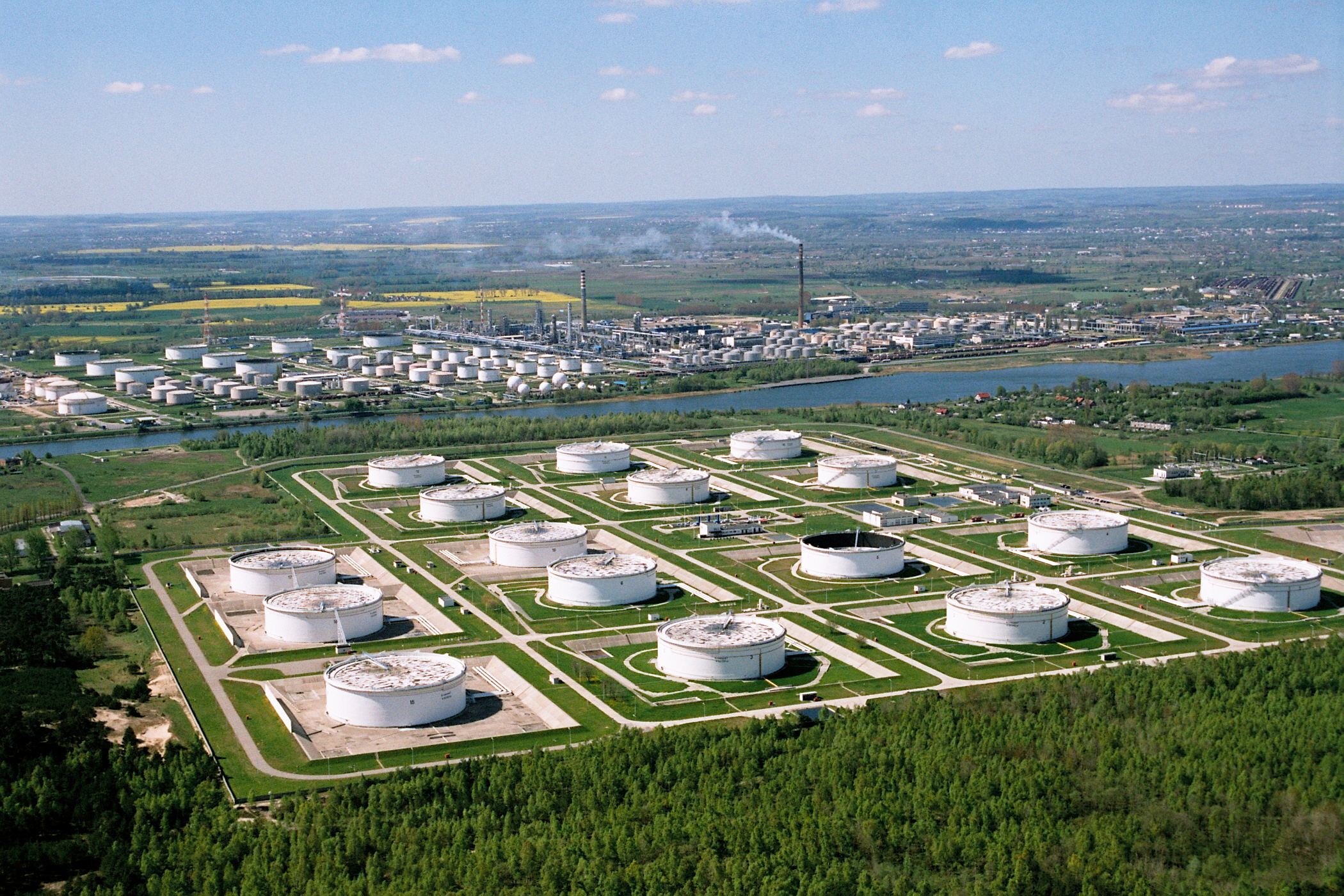Batches of oil ordered by Germany’s Schwedt refinery from the Kazakhs have reached Poland. However, the oil may actually be from Russia, because it has the same parameters.
According to BiznesAlert.pl’s two independent sources oil coming through the Friendship Pipeline from Russia through Belarus to Poland, classified as KEBCO blend from Kazakhstan ordered by the Schwedt refinery in Germany, reaches the Adamov fuel base systematically. Almost 100,000 barrels of oil classified by Russia’s Transneft (the operator of oil pipelines in Russia) as supplies from Kazakhstan have already arrived there. Germany receives oil from the resources accumulated in Poland, because the physical supply of such a small volume through the Polish section of the Friendship Pipeline is not profitable.
On the same principle, the Russians can exchange oil with the Kazakhs, but this depends on the contracts between their companies, which have not been made public. Two sources have confirmed for BiznesAlert.pl that tests have shown the oil is similar to the Russian REBCO mixture, although the oil from Kazakhstan reaching other routes differs from that from Russia. For this reason, there is growing speculation that oil „from Kazakhstan” for Germany is physically a Russian raw material supplied as part of a swap agreed between companies from Moscow and Astana. It is not clear how much the Russians can earn as such an intermediary despite the Russian invasion of Ukraine.
Poland and Germany have announced they would abandon oil supplies from Russia by the end of 2022. The Poles did this in the spring of 2023, when the Russian Tatneft stopped implementing the contract with PKN Orlen, giving it a formal basis for terminating the agreement. Germany says it has not received Russian oil since late last year, but shipments „from Kazakhstan” have raised concerns that it was still Russian crude. Russian Transneft, known for not paying compensation to Poles for the crisis of contaminated oil in 2019, makes money from the use of infrastructure for this purpose.
Cooperation between Poland and Germany to abandon dependence on Russian oil will be the topic of the meeting of Deputy Minister of Climate and Environment Adam Guibourge-Chetwertyński with Secretary of State for Climate and Economy Michael Kellner at the Naftoport in Gdańsk on May 12 at noon. Poles make the Naftoport available for deliveries to Germany from outside Russia when they have free capacity. The German side is to make available rail infrastructure for supplies to western Poland if necessary. Warsaw expects Berlin to remove the Russian Rosneft, which is currently under a trusteeship, from the Schwedt refinery’s shareholding, which could be extended or replaced by derusification under new German law. The Poles have refused to supply oil for the Russian entity.
Wojciech Jakóbik









